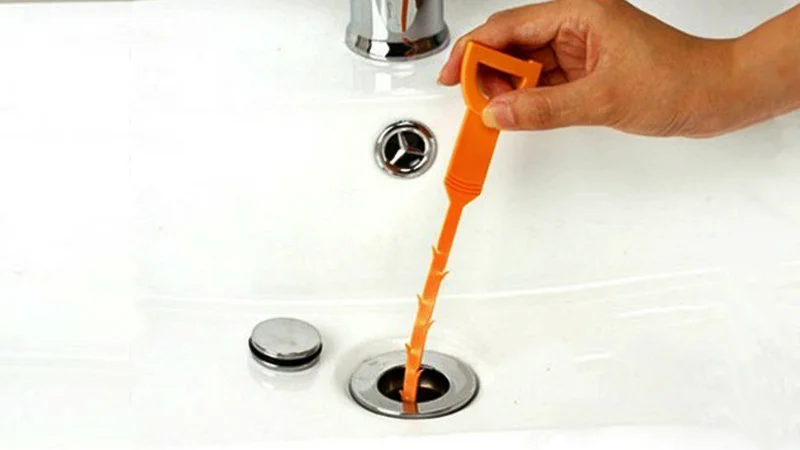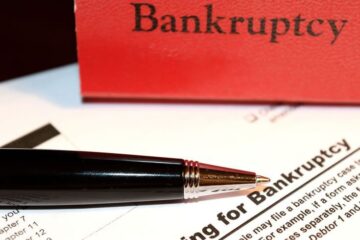Blocked drains are a common household issue that can lead to unpleasant odors, slow water drainage, and even potential water damage. By being aware of the typical reasons for clogged drains and taking preventative action, you can avoid wasting time, money, or aggravation. Here are some of the most frequent causes of blocked drains and how to prevent them.
1. Hair
One of the most common culprits of blocked drains, especially in the bathroom, is hair. Hair can easily bind with soap scum and other substances, creating a blockage in the pipes.
Prevention:
- Use a drain guard or hair catcher over the drain to collect hair before it enters the plumbing.
- Clean the drain guard regularly to prevent buildup.
- Brush hair before showering to reduce the amount of hair that goes down the drain.
To know more about common issues of blocked drains you can message My Home Plumbing’s blocked drain service Sydney.
2. Soap Scum
Soap, particularly when combined with hard water, can leave behind a residue known as soap scum. Over time, this residue can build up in pipes and create blockages.
Prevention:
- Use liquid soap instead of bar soap to reduce soap scum buildup.
- Install a water softener if you have hard water to reduce mineral deposits.
- Regularly clean bathroom fixtures to remove soap scum before it accumulates in the pipes.
3. Food Waste
Kitchen drains are often clogged by food waste, especially greasy or fatty substances. These can solidify in the pipes, leading to blockages.
Prevention:
- Avoid putting food scraps down the drain; use a compost bin instead.
- Install a garbage disposal to break down food waste that does go down the drain.
- Regularly flush the kitchen sink with hot water and a small amount of dish soap to break up grease.
4. Grease and Fat
Pouring grease and fat down the kitchen sink is a surefire way to create a blocked drain. As these substances cool, they solidify and adhere to the insides of the pipes, gradually building up and restricting water flow.
This accumulation can lead to significant blockages, requiring costly and time-consuming repairs. To prevent this issue, it’s important to dispose of grease and fat properly by letting them cool and then discarding them in the trash.
Prevention:
- Never pour grease or fat down the drain. Rather, allow it to cool before throwing it in the trash.
- Wipe greasy pots and pans with a paper towel before washing them.
- Use a degreasing cleaner regularly to keep the pipes free of buildup.
5. Foreign Objects
Small objects, such as jewelry, toys, and toiletries, can accidentally end up in the drain, causing blockages.
Prevention:
- Keep small objects away from sinks and bathtubs.
- Install drain covers with smaller holes to prevent objects from falling in.
- Educate children about what should and shouldn’t go down the drain.
6. Toilet Paper and Wipes
Excessive use of toilet paper and flushing non-flushable items, such as wipes and sanitary products, can lead to clogged toilets and sewer lines. These materials do not break down easily and can accumulate in the pipes, causing blockages that can result in plumbing issues and expensive repairs.
Prevention:
- Use toilet paper sparingly and opt for brands that are septic-safe.
- Never flush wipes, sanitary products, or any non-degradable items down the toilet.
- Place a waste bin in the bathroom for disposing of non-flushable items.
7. Tree Roots
Tree roots can infiltrate underground pipes, causing serious blockages and even damage to the plumbing system.
Prevention:
- Be mindful of where you plant trees and shrubs, keeping them away from sewer lines and water pipes.
- Regularly inspect your plumbing system for signs of root infiltration.
- Use root barriers or chemical root killers if you have a recurring problem.
8. Mineral Buildup
Hard water can lead to mineral buildup in your pipes, which can cause blockages over time.
Prevention:
- Install a water softener to reduce mineral deposits in your water supply.
- Regularly clean your pipes and fixtures with a descaling solution to remove buildup.
- Use vinegar and baking soda as a natural cleaner to break down mineral deposits.
9. Improper Disposal of Chemicals
Certain chemicals can corrode pipes or cause blockages when improperly disposed of down the drain.
Prevention:
- Avoid pouring harsh chemicals, paints, or solvents down the drain.
- Dispose of hazardous materials according to local regulations.
- Use environmentally friendly cleaning products that are safe for your plumbing system.
Preventing Blocked Drains with Proactive Measures
Blocked drains are a common household nuisance, but with the right preventative measures, they can be avoided. By being mindful of what goes down your drains, using protective devices like drain guards, and maintaining your plumbing system with regular cleaning, you can keep your drains flowing smoothly. Addressing issues early and adopting these preventative strategies will help you avoid the inconvenience and expense of dealing with blocked drains.
Keep an eye for more news & updates on Discover Tribune!




